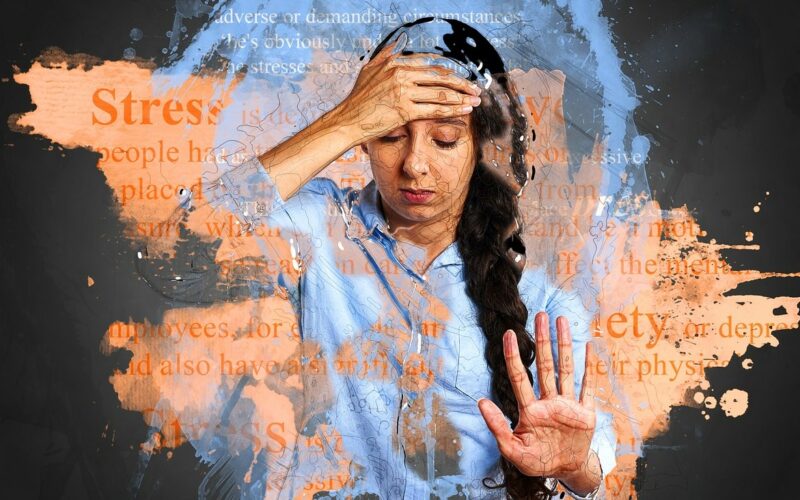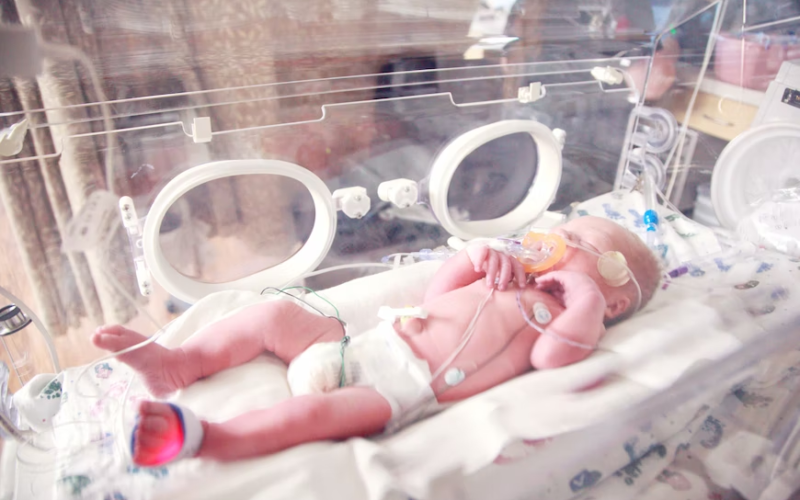Attention deficit hyperactivity disorder (ADHD) can be a complex condition to manage in relationships.
It can lead to misunderstandings, frustrations, and other issues that can put a strain on the relationship.
However, there are ways to address these issues and make sure that both partners are getting the support they need.
Adults with ADHD can manage their personal relationships successfully with correct understanding and support.
In this article, we will discuss how adults with ADHD can manage their symptoms in relationships and how their partners can help them.
We will also look at some of the common problems associated with ADHD in adults and how they can be addressed.
How Does ADHD Affect Relationships?
ADHD and ADD can present a unique set of challenges in relationships.
If you’re a person with ADHD, you may constantly feel like you’re being criticized, nagged, and misunderstood at all times.
On the other hand, your partner may struggle to understand why their efforts to help don’t seem to make any difference.
This can create tension and frustration in your relationship. In this article, we will explore how ADHD or ADD affects relationships and what steps can be taken to improve communication and understanding between partners.
If you’re someone who is in a relationship with a partner who has ADHD or ADD, it can be difficult to manage the day-to-day challenges that come with it.
ADHD and ADD symptoms can affect communication, lead to misunderstandings and cause feelings of isolation, loneliness, and even resentment in relationships.
It’s important to understand how ADHD or ADD affects relationships so you can both work together towards creating a healthy, successful partnership.
When it comes to relationships, individuals who have been diagnosed with ADHD or ADD can often find it hard to maintain a healthy relationship.
This is because the individual’s struggles with attention, impulsiveness and hyperactivity can cause them to be easily frustrated and overwhelmed.
On the other hand, the partner of an individual with ADHD or ADD may feel neglected and unappreciated due to their partner’s difficulty in paying attention to them.
It’s easy to see how these feelings on both sides can result in a destructive cycle in their relationship.

Can ADHD Create Challenges In The Workplace?
ADHD can have a significant impact on both workplace and business relationships.
For those with ADHD, specific jobs may be more challenging or even impossible to perform due to the constant distractions and impulsive behaviors associated with the disorder.
It’s essential to understand how your ADHD affects your ability to focus at work and what types of jobs you should avoid in order to stay productive and thrive in the workplace.
On the other hand, there are also some types of jobs that those with ADHD tend to excel at, such as creative and entrepreneurial roles that require creative problem-solving.
Understanding these different types of jobs can help one find a job that is better suited for them personally.
Working with colleagues who have ADHD can be a challenge, but also an opportunity to learn how to be more understanding and supportive.
It’s important to recognize that ADHD is an invisible condition, and often those with ADHD don’t reveal their diagnosis or struggles.
That’s why it’s important for non-ADHD co-workers to be patient and understanding of the difficulties their colleagues may face, especially when it comes to workplace relationships and productivity.
By learning how to react in ways that encourage and motivate their co-worker with ADHD, non-ADHD co-workers can help create a more supportive environment for everyone.
How To Increase Understanding In The Relationships?
When it comes to understanding ADHD in relationships, knowledge is key.
That’s why it’s important for both of you to study up on ADHD and become educated about the disorder and its accompanying symptoms.
Knowing what to look for will make it easier to recognize how ADHD is influencing your relationship, helping you both take steps toward overcoming any difficulties that arise.
When one partner in a relationship has Attention Deficit Hyperactivity Disorder (ADHD), it can be challenging for the other partner to understand and empathize with their experience.
It is important to remember that ADHD is a neurobiological disorder that affects the brain differently than those without it.
Taking this into account can help non-ADHD partners better understand their partner’s symptoms and reduce feelings of tension or frustration.
Common symptoms of ADHD include difficulty with organization, forgetfulness, distractibility, and impulsivity.
Here are some tips for increasing understanding in your relationship when one partner has ADHD.
Tip 1: Communicate Clearly And Effectively
Clear and effective communication is key in any relationship, but it’s especially important when one partner has ADHD.
It’s important to use simple language and avoid sarcasm or abstract expressions. Being direct and concise can help ensure that the message is understood.
Additionally, it’s helpful to establish a routine for communication, such as regular check-ins or meetings, to ensure important information is shared and understood.

Tip 2: Practice Active Listening
Active listening involves entirely focusing on what the other person is saying without interrupting or planning a response.
When one partner has ADHD, it can be easy to become distracted or miss important details.
By actively listening, both partners can ensure they are on the same page and understand each other’s needs and concerns.
Tip 3: Be Patient And Understanding
Living with ADHD can be frustrating, and it’s important for both partners to be patient and understanding.
Remember that ADHD is a neurological condition, and it’s not a choice or a reflection of a person’s character.
When one partner is struggling, the other partner can offer support and help find solutions to challenges.
It’s important to avoid blaming or shaming and instead work together to find constructive solutions.
Tip 4: Get Advice from a Counselor
Sometimes, despite our best efforts, it can be challenging to navigate the complexities of a relationship when one partner has ADHD.
In these cases, it may be helpful to seek professional help from a therapist who specializes in ADHD.
A therapist can provide tools and strategies for improving communication, reducing conflict, and building robust and healthy relationships.
Verdict
In conclusion, relationships can be challenging, but they can also be incredibly rewarding.
When one partner has ADHD, it’s important to understand the unique challenges that come with the condition and work together to find solutions.
By communicating clearly and effectively, practicing active listening, being patient and understanding, and seeking professional help when needed, both partners can build a successful and fulfilling relationship.
Barbra Maranda
Latest posts by Barbra Maranda (see all)
- 6 Study Tips For College Students - March 27, 2024
- Benefits Of A Smoke-Free Home - March 13, 2024
- Cyberbullying Affects Teens More Than You Know - March 9, 2024




